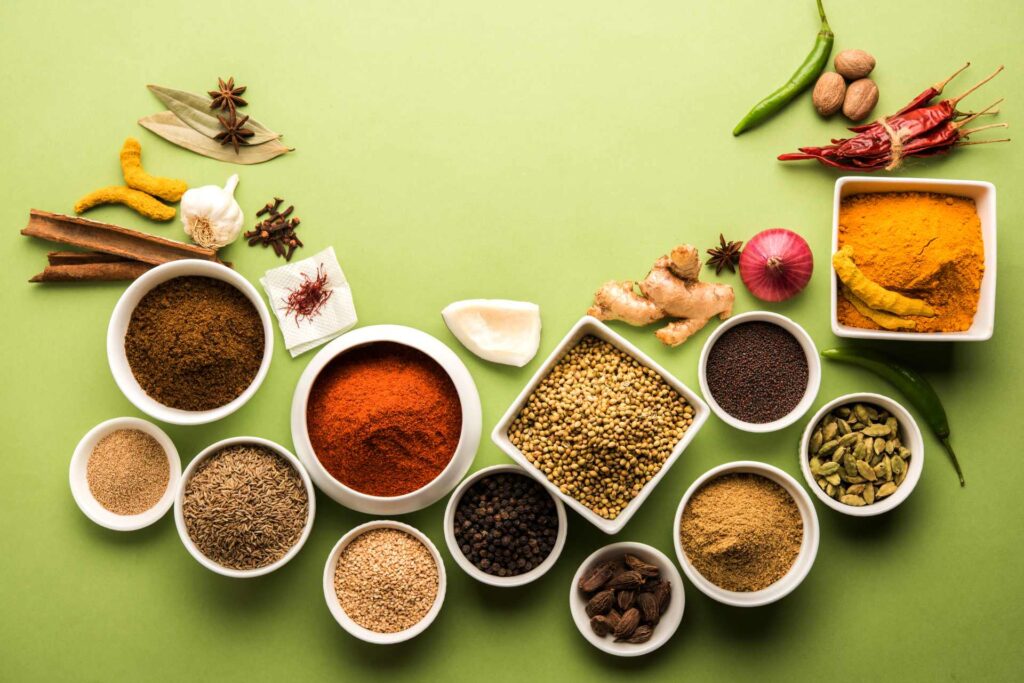
Herbs have been used as treatment for diseases and ailments for centuries around the world. Today, the popularity of herbal medicine has increased, many Americans have chosen to seek herbal medicine for treatment due to it being more affordable and easier to obtain compared to its pharmaceutical counterparts.
But what diseases are treated with herbs?
What should I keep in mind when looking for herbal treatment for my condition?
Join me as we discover the answers to these questions and more.
What is an Herbal Supplement?
When a product is made for internal use with plants, roots or any other botanical to maintain health or treat a condition it is known as an herbal supplement. Though you need to practice precaution when looking for herbal supplements on your own. Just because a product is labeled as “natural” it doesn’t necessarily mean the product is safe for consumption.
Unfortunately herbal medicine and supplements do not go through the same testing that pharmaceuticals go through. Even when many over the counter medicine is derived from herbs, herbal supplements themselves aren’t regulated as strictly. If you are thinking about using herbal medicine as a treatment, be sure to consult your herbal pharmacist. They should be able to either supply reliable herbal medicine or show you what brands are reputable and safe. At SOHMA Integrative Medicine in Long Beach, we only carry hand selected herbal supplements that are held to the highest standards of quality and reliability.
Herbal supplements can be produced in many forms, and can be used in a variety of ways such as:
- Pills
- Powders
- Teas
- Tinctures
- Gels
- Lotions
- Bath Additives
Herbal supplements aren’t for everyone. If you are unsure if you should begin treatment with herbal supplements, first consult with an herbal pharmacist. Some herbal medicines can have adverse reactions with prescribed pharmaceuticals.
What can Herbal Medicine Treat?
Although self diagnosis is highly discouraged, some herbs tend to be common treatment options for certain diseases. These include:
Aloe Vera
Used as a gel topically aloe vera can treat burns, psoriasis and osteoarthritis. It can also be consumed orally to treat digestive issues like constipation and gastritis.
Aloe vera leaves contain latex which can lead to allergic reactions causing rashes, burning sensation and irritation. When consumed aloe vera may cause your blood sugar levels to drop and its laxative effects can lead to dehydration.
Black Cohosh
Black cohosh is used to treat symptoms of menopause including hot flashes and nightsweats.
Side effects are mild but include: nausea, skin rashes, muscle pain, breast pain or bleeding outside of your menstrual cycle.
Echinacea
Also known as the purple coneflower, echinacea is used as a preventative against the common cold and flu. It is also used to boost the body’s immune system.
Common side effects include: nausea,vomiting, sore throat, drowsiness and headaches.
Evening Primrose
Oil derived from evening primrose can be used for breast pain, arthritis and reducing symptoms of premenstrual syndrome (PMS)
Side effects are extremely rare however, allergic reactions can happen including: rashes, itching, swelling, dizziness and difficulty breathing. If you notice any of these symptoms seek immediate medical care.
Feverfew
Used as a pain reliever, good for headaches and menstrual cramps.
Mild side effects may include: canker sores, constipation, indigestion, nausea and diarrhea.
Flaxseed
An excellent source of fiber and omega 3 fatty acids, flaxseed can also be used to lower cholesterol.
When consuming flaxseed oil it can cause diarrhea. Other side effects include bloating, stomach ache, constipation and gas.
Garlic
While also used in the kitchen, garlic is generally used to lower cholesterol levels and improve heart health.
When consumed as a supplement garlic can have mild side effects like: bad breath and body odor, diarrhea, stomach aches and indigestion.
Ginkgo Biloba
Typically used to help older adults with conditions associated with aging, it can also be used for anxiety, depression, headaches and poor blood circulation.
Common side effects include: nausea, vomiting, diarrhea, dizziness, headaches, stomach aches and insomnia.
Green Tea
One of the most commonly consumed drinks in the world, green tea can boost energy levels, lower cholesterol and help lose weight.
Consuming green tea late in the day can cause insomnia and restlessness when trying to sleep. When brewed too strongly, green tea can cause stomach irritation. Other side effects include anemia, iron deficiency, headaches and dizziness.
St. John’s Wort
Commonly used to treat anxiety, insomnia and depression.
Side effects are rare, but can be serious. These include: dark stool, bruising, bleeding, or vomit containing black particles. Stop taking St. John’s wort and seek medical attention if you notice any of these side effects.
This list is only meant to be informational and should not be used to self diagnose. Many herbal supplements may have adverse reactions to prescribed pharmaceuticals, take precaution and speak with your herbal pharmacist and primary care provider if you feel like beginning an herbal treatment for your condition.
Take the Next Step In Improving Your Health by Contacting SOHMA Integrative Medicine
Our goal is to help you improve your health. You can reach out to us and ask us about the Myers Cocktail, IV Therapy, Chiropractic care, or how our other health service lines can help you with your journey to improved health.
Located in Long Beach, CA we help individuals from the surrounding cities.
We look forward to helping you take the next step in your journey to better health.
Leave a Reply